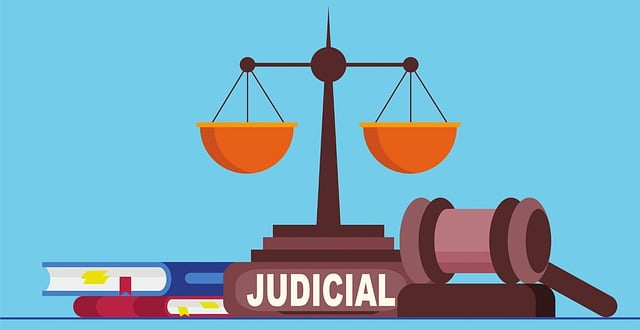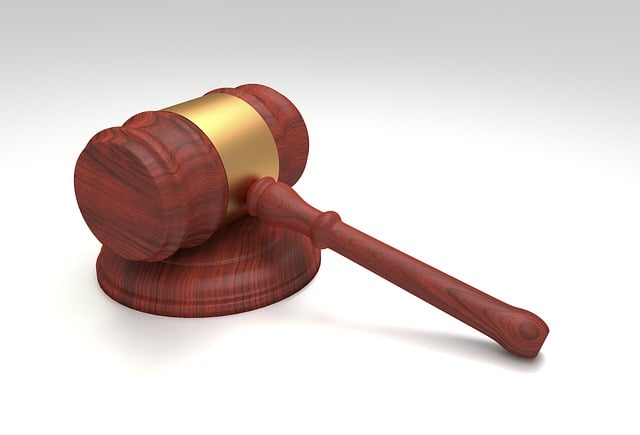Understanding medical bills is crucial for successful injury settlement negotiations as they provide concrete evidence of financial burden and medical needs resulting from an injury. Accurate medical records, including diagnosis, treatments, medications, and rehabilitation costs, are invaluable for representing harm suffered and resolving insurance disputes. Effective communication and well-organized documentation, with help from legal support when needed, ensure proper documentation, strengthen claims, and aim for mutually beneficial settlements.
Medical bills are a significant aspect of any injury settlement negotiation. Understanding their impact is crucial for a successful claim. This article delves into how comprehensive medical records influence your settlement, offering strategies for effective communication with insurance companies. Learn how accurate documentation can bolster your case and navigate the complex process with confidence. By exploring these insights, you’ll be better equipped to secure a fair injury settlement.
- Understanding Medical Bills: A Necessary Component in Injury Settlement Negotiations
- The Impact of Accurate and Complete Medical Records on Your Claim
- Strategies for Effective Communication During Medical Bill Discussions with Insurance Companies
Understanding Medical Bills: A Necessary Component in Injury Settlement Negotiations

Understanding Medical Bills is an essential component in any injury settlement negotiation. These bills serve as tangible evidence of the financial burden and medical needs incurred due to the injury. When entering into negotiations with insurance companies or opposing parties, having a comprehensive view of medical expenses—including diagnosis, treatments, medications, and rehabilitation costs—is crucial. It allows for a more accurate representation of the harm suffered and facilitates a fairer settlement offer.
Moreover, medical bills play a significant role in resolving insurance disputes and breach of contract cases. They provide legal teams with critical data to argue for compensation that aligns with the extent of the injury and subsequent healthcare requirements. In contract disputes, understanding medical billing practices can help uncover potential errors or unfair pricing structures, further strengthening the case for a revised agreement.
The Impact of Accurate and Complete Medical Records on Your Claim

When it comes to an injury settlement negotiation, accurate and complete medical records are invaluable. These documents provide a clear picture of your injuries, treatments, and recovery progress, which can significantly influence the amount of compensation you receive. Insurers and accident lawyers often rely on these records to assess the validity and severity of your claim. Inadequate or missing documentation may weaken your case, potentially leading to a lower settlement offer.
Maintaining detailed medical records is crucial for several reasons. Firstly, it ensures that your injuries are properly documented, which can be essential in supporting your employment disputes if you’re unable to work due to your condition. Secondly, it allows your insurance disputes to be resolved more efficiently as all parties have access to the same information. Lastly, comprehensive records demonstrate your commitment to seeking appropriate treatment and rehabilitation, which can strengthen your claim during negotiations.
Strategies for Effective Communication During Medical Bill Discussions with Insurance Companies

When discussing medical bills with insurance companies during an injury settlement negotiation, clear and strategic communication is key. Begin by organizing your documentation—gather all medical records, invoices, and receipts related to your treatment. Present this information concisely, highlighting the dates of service, procedures performed, and associated costs. It’s crucial to ensure accuracy and transparency; errors or discrepancies may weaken your case.
Use simple language to explain the significance of each bill, especially if there are complex procedures involved. An auto accident lawyer or healthcare advocate can assist in this process, ensuring your rights are protected. Be assertive but respectful during negotiations—firmly convey your expectations regarding reimbursement while remaining open to discussions that could lead to a mutually beneficial settlement, especially when dealing with potential wrongful death or caregiver abuse cases.
Medical bills are a critical aspect of any injury settlement negotiation. Understanding their impact, ensuring accurate records, and employing effective communication strategies can significantly enhance your claim’s outcome. By navigating these factors successfully, you can secure a fair compensation for your injuries, encompassing both immediate and long-term medical expenses. Remember, thorough preparation and open dialogue with insurance companies are key to achieving the best possible settlement in your injury case.






